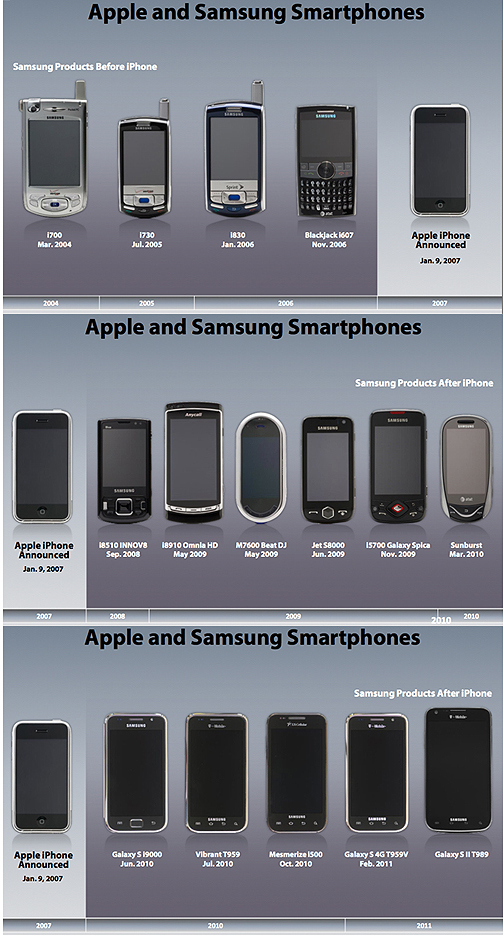Somewhat echoing Steve, please explain (1) the inferior hardware in the iPhone 5 as compared to, let's say, the Samsung Galaxy SIII and the Nokia Lumia 920 and (2) how the (relatively few) on paper technical enhancements of those two iPhone 5 competitors translate to real world benefits for the user.
I'm not a huge fan of the "appeal to expertise" tacts, but I've been a programmer and technology executive my entire working career. I was a partner for many years at the top technology/operations consulting firm in the world. I currently lead the mobile technology strategy for a large investment firm and have personally developed apps for both iOS and Android that you can purchase today on the App Store and Google Play. And by developed I don't mean I oversaw a project; I actually sat down and wrote the code.
All of that being said, there are some obvious hardware variances between today's leading smartphones but none of them are particularly large. A few more cycles squeezed out of a processor here, a competing screen technology there, a bit more or less memory. It's even more ridiculous these days to lay down competing handsets and declare a winner based on one processor being clocked 100Mhz over another or one having 512meg of additional RAM than it was comparing specs back when IBM, Apple, Commodore, and Atari were fighting for the home computer market in the mid-80's. All that matters with a handset - especially a handset - is how those specs fuel the user experience. And iOS is absolutely the best integrated phone experience currently available. Heck, with any given Android phone it's impossible to know if the next Android release will be supported on your phone and when it will be made available. A new Android version may be released and it may be 6 months to a year before your phone manufacturer makes it available for your handset. iOS upgrades are released simultaneously and still offer immediate upgrades to 3 year old handsets.
Apple's "big misses" from a market standpoint have been in their slow adoption of wideband data spectrums. They were a year behind in supporting 3G and a year behind in supporting LTE. That they did this to create a more uniform user experience has always been obvious, but it's always been at the expense of those that want the bleeding edge. To Apple, that's a more than acceptable tradeoff as they want to be the premium player in the broadest possible market. And they are.
Most complaints concerning the iPhone in comparison to its peers are that it is not flexible enough, doesn't allow as much customization, and locks in the user to Apple's preferred way of doing things. These criticism are 100% accurate. And for the vast majority of phone users, 100% irrelevant. Some of the things a user can do on an Android phone, for example, are very, very cool. But even most folks that chose Android for that very feature don't even take advantage of it...it's a nice to have that they never really utilize.
At the end of the day, the iPhone 5 is a great phone. Whether it's the best for any given individual's needs is wholly up to them. It's not the absolutely bleeding edge of technology but it certainly meets or exceeds any currently available handset and even some that are still due to be released this year.



